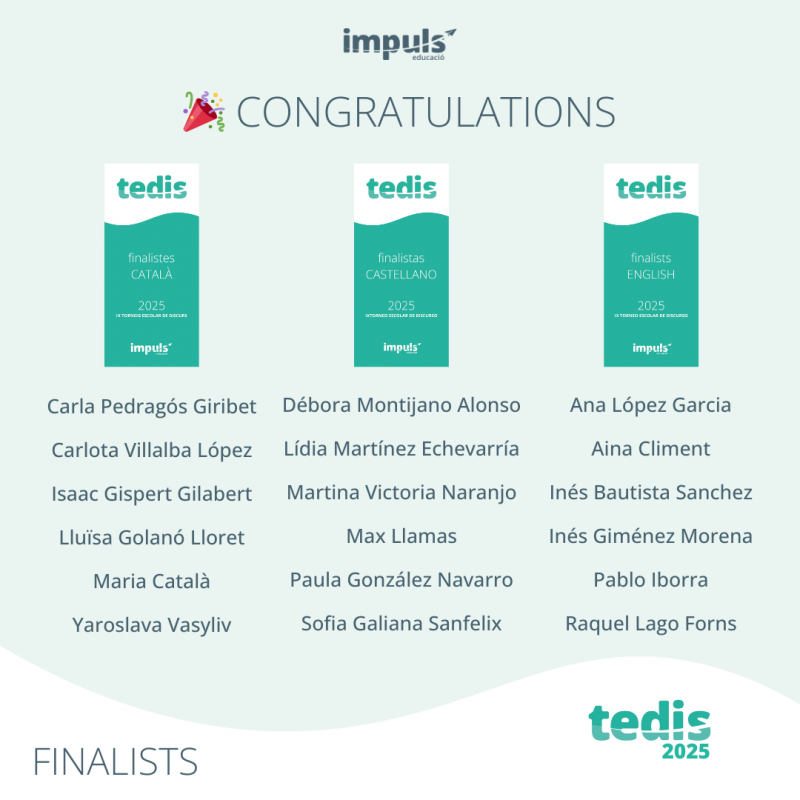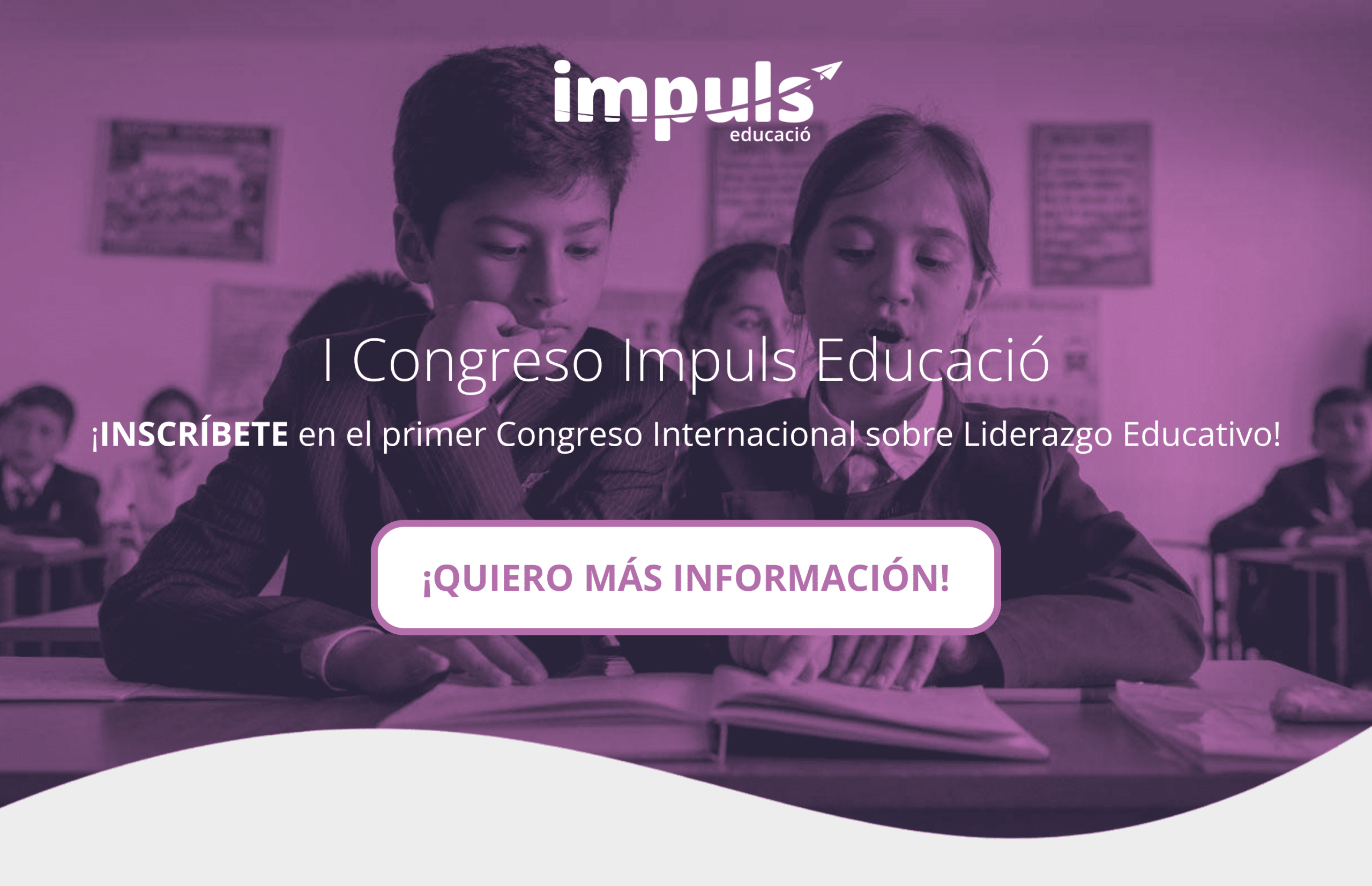by Ana Moreno Salvo

Juan Pablo Dabdoub González is a Professor and PhD in Theory of Education at the School of Education and Psychology of the University of Navarra. He has been co-director of Become since 2022. Since 2015, he has been researching and promoting character education around the world, with a special focus on leadership, with the support of the Templeton World Charity Foundation.
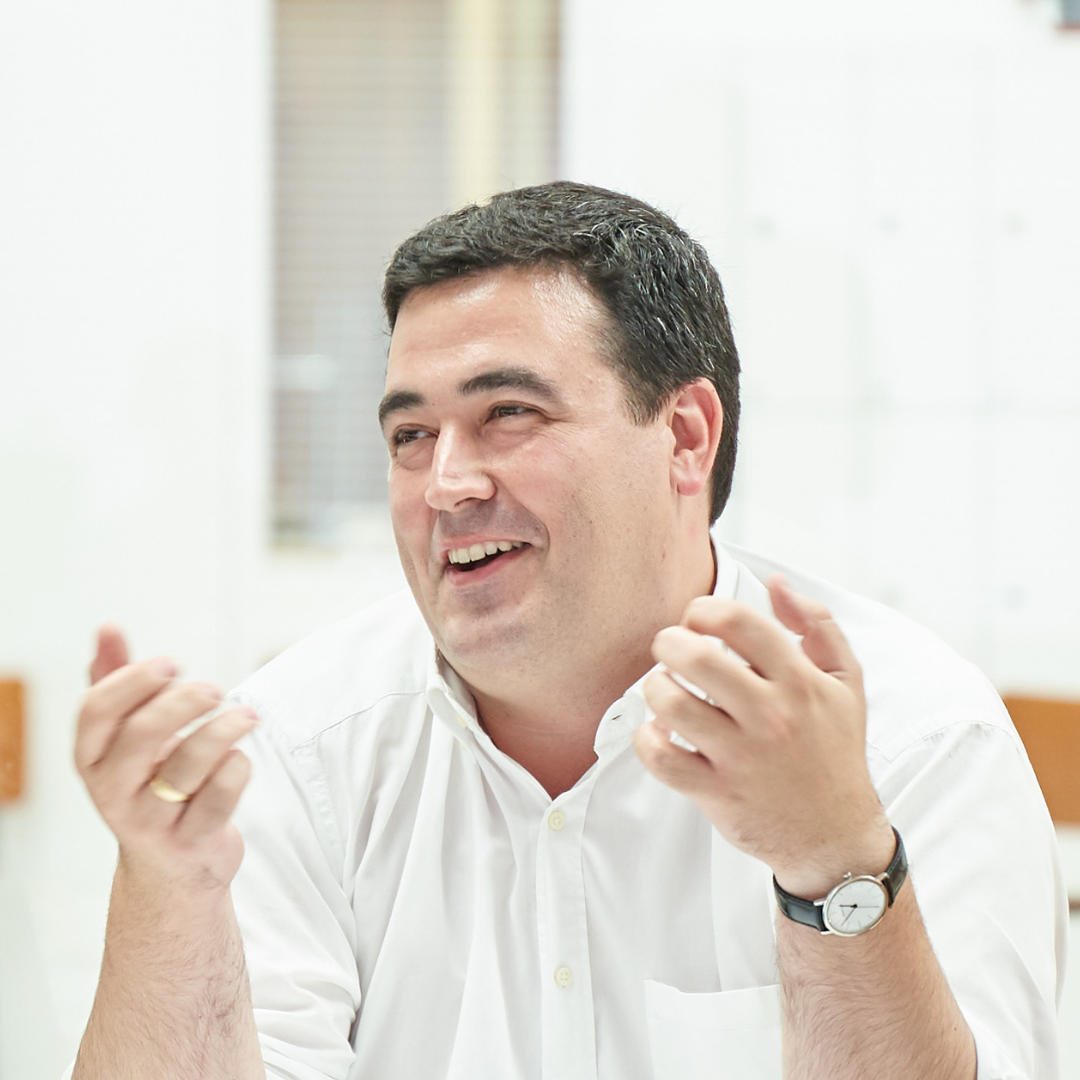
Aitor Rodríguez Salaverría is a PhD candidate at the School of Education and Psychology of the University of Navarra, working on a dissertation focused on researching and promoting character development in residential university communities. He has been co-director of Become since 2022.
Interview with Juan P. Dabdoub and Aitor R. Salaverría
What does character education contribute to the formation of future 21st-century citizens?
Educational institutions are shaping the character of their students, whether they realize it or not, whether consciously or unconsciously. Over two thousand years ago, Aristotle already warned that the mere presence of adults influences the character of children, even more so when it comes to a close and lasting relationship like that between teachers and students.
Educational institutions are influencing the character development of their students, whether consciously or unconsciously

Therefore, rather than asking whether schools should engage in character education, we aim to help them recognize that they already are. The key is to reflect on what we’re already doing so that, in a strategic and intentional way, it truly supports the growth of each person.
How was Become born, what is its purpose, and who is it for?
Become originated as a spin-off from the research and development work we have carried out over the past ten years within the Education, Citizenship and Character Group at the University of Navarra, in collaboration with the Center for Character and Citizenship at the University of Missouri–St. Louis, and with the generous support of the Templeton World Charity Foundation.
Our aim is to help communities create the conditions that foster personal growth, character development, and the well-being of their members.
We believe that the principles that can make a school an ideal place for people to grow can also guide the daily life of a university, a residence hall, a company, a hospital, or even a family.
Why does character education focus on leaders rather than teachers?
Studies suggest that the most important factor in promoting character development is a school’s culture. Our goal is to help leaders realize that what truly shapes students is the everyday life of the school, the ordinary experiences that gradually influence their development. Rather than thinking in terms of adding specific activities to promote character development, it’s about reflecting on who we are and how we do the things we already do: what our priorities are, what kinds of relationships are fostered within the school, what motivates us, and how engaged both students and teachers are.
Fostering the integral development of individuals within institutions requires redesigning the ordinary elements that make up their daily life and routines. This redesign must place the person at the center, both in practice and in purpose, above results, utility, or productivity.
We focus on leaders because they are the ones with the authority to make decisions that significantly impact the culture of the school community. The work teachers do to support student growth is irreplaceable, but we chose to begin with leaders for strategic reasons.
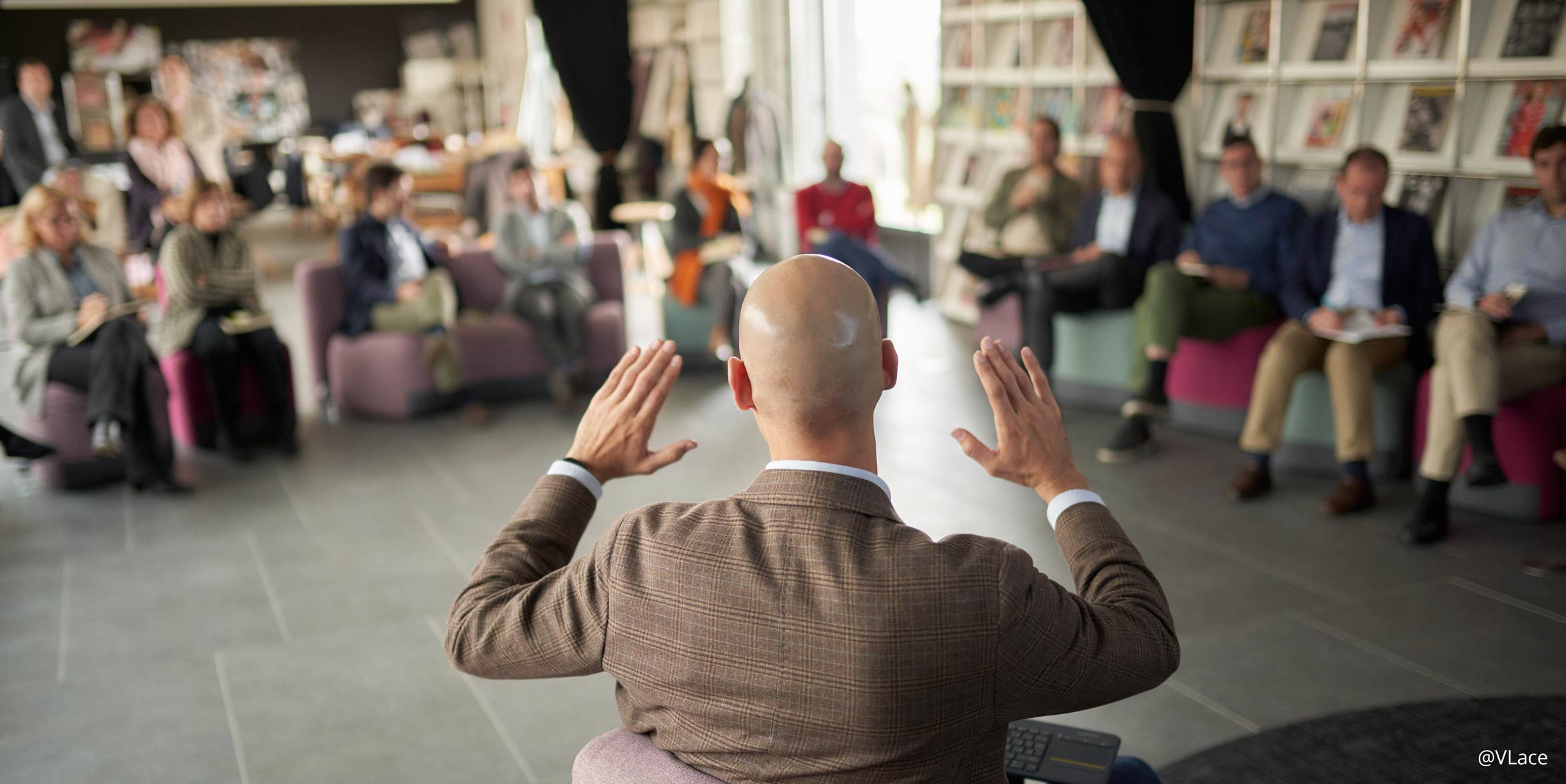
We focus on leaders because they can guide and support the changes that shape the culture of the school
What conditions must an educational community meet to provide effective character education?
The current design of education is primarily oriented toward two goals: knowing more and being able to do more. Without dismissing the importance of these objectives, at Become we invite a redesign of education that prioritizes three essential aimsfor a person to become the best version of themselves: well-being, integrity, and identity.
At Become, we invite a redesign of education that prioritizes three essential aims: well-being, integrity, and identity
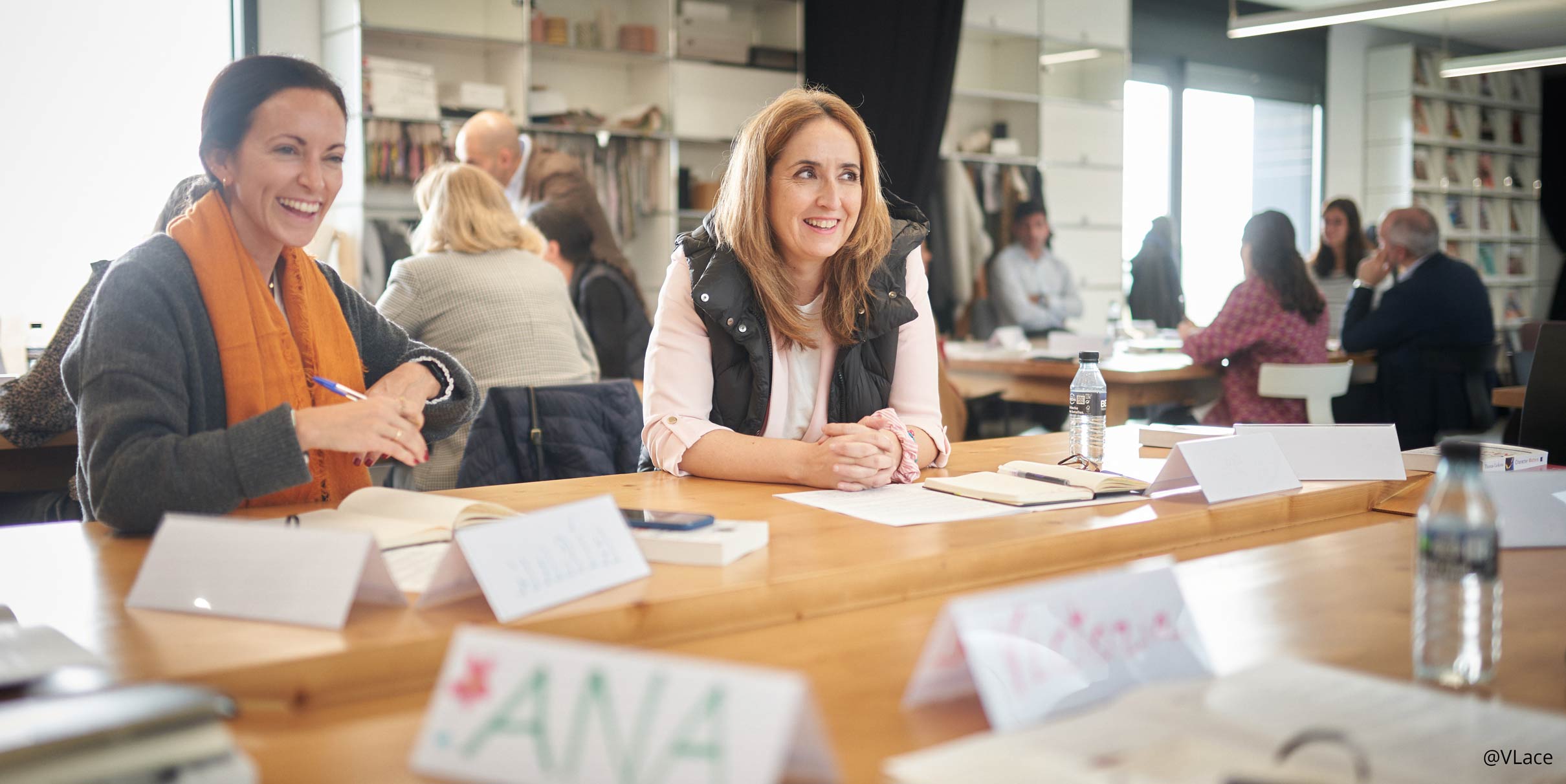
By well-being, we mean fostering the necessary conditions for people to be physically and psychologically well. Individuals cannot truly grow if they don’t feel safe and cared for, or if they are on the verge of collapse due to exhaustion.
Integrity encompasses the realm of morality, ethics, character development, virtues, and values. This level answers the question: What kind of person am I? It’s about designing education in a way that promotes the cultivation of virtues, stable dispositions to do good.
Finally, the level of identity answers the question: Who am I? You may have all the virtues and be motivated to do many good things, but that still doesn’t answer which good things you will do with your life, especially considering that you can’t do them all.
What sets Become apart from other educational models?
We propose five key elements that set our educational approach apart:
- We focus on what can be changed.
Become does not focus on aspects that cannot be changed, or whose transformation lies beyond the reach of educators. Instead, we encourage focusing on the elements that leaders and members of their communities can influence and transform.
- We start with the leaders.
Become focuses on leaders as the starting point for redesigning and sustaining educational communities that effectively promote students’ character development. The first thing school principals can change or improve to foster a healthier school culture is their own character and leadership style.
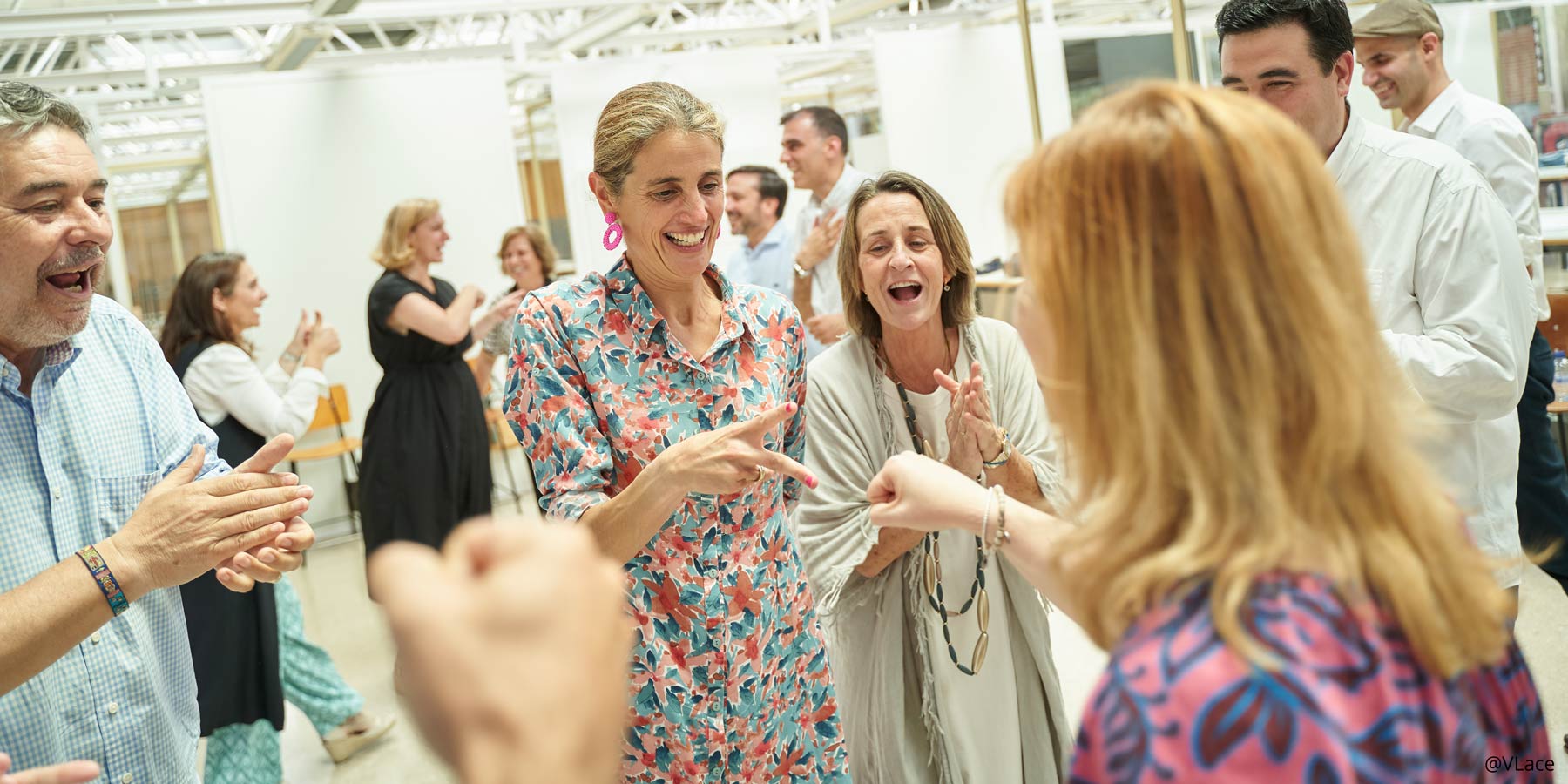
Improving a school’s culture starts with reflecting on the leadership style and character of the person in charge
Our programs address this not by telling leaders what they should be like, but by helping them become more aware of who they truly are, reflect on who they want to be, and support them as they begin that journey.
- We shape a culture that fosters character development
Our programs use readings, conversations, reflections, videos, teamwork, and other activities to achieve their goals. However, the most powerful tool we use is creating, together with participating leaders, the kind of community (culture, climate, ethos) they could build in their own schools.
This means our programs aren’t just about theory and practice; they are a direct experience of the practices we propose.
- We avoid one-size-fits-all solutions
Our approach is grounded in the conviction that there is no single program or curriculum for character education that works everywhere or forever. Each school faces its own challenges, has its own resources, and must find its own path. Any solution must also be flexible enough to adapt to a rapidly changing world.
- We don’t ask educators to do more.
The essence of character development doesn’t lie in doing more, but in redesigning what’s already being done. Extraordinary initiatives usually require time and resources that schools often lack. Ordinary elements of school life, on the other hand, will happen anyway, and whether intentionally or not, they will impact students’ development.
Multiple studies show that schools that integrate character education through this redesign approach ultimately achieve better academic outcomes.
How do you plan to achieve this? What is expected from participants? What do they take back to their schools?
What we see as truly transformative is belonging to a community of leaders where everyone collaborates and learns from one another to strategically and intentionally redesign their communities. If we can inspire school leaders to support one another in growing and strengthening their schools, there is a strong chance that genuine educational renewal will take place.
What is truly transformative is being part of a community of leaders where everyone collaborates and learns from one another
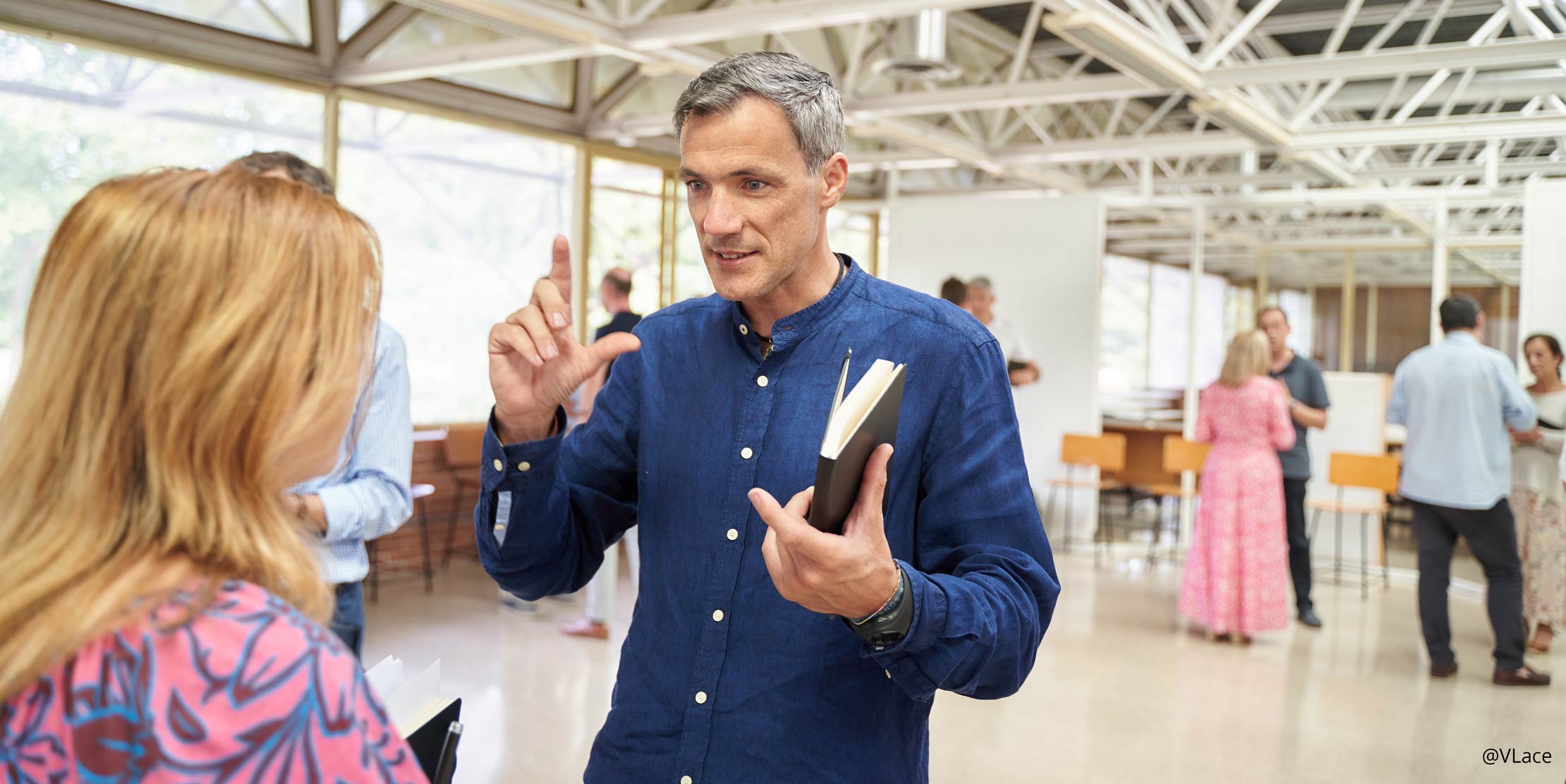
vLACE is a program designed for leaders of educational communities. It has two main objectives. First, to foster self-awareness and the cultivation of identity and integrity, both in the person leading and in their community. There can be no meaningful change in a school’s culture unless its leader begins by cultivating the character they wish to see in the rest of the community. Second, to equip leaders with the knowledge and development needed to design, implement, and evaluate initiatives that transform their schools into true learning communities, where character development is a genuine priority.
On the other hand, the PRIMED Institute is a five-day immersive experience in character education. It has three main goals. First, to explore the foundations of effective character education. Second, to strengthen team relationships through experiential learning. And third, to develop an action plan for the upcoming academic year. Having school leaders participate in a community like this is one of the most powerful ways to foster real change in schools.







